How Retinol Works to Improve Skin Appearance
Retinol has become a buzzword in the skincare industry, renowned for its ability to transform the skin by improving texture, tone, and youthful appearance. As an over-the-counter derivative of vitamin A, retinol has proven to be highly effective in targeting a variety of skin issues. In this article, we'll explore how retinol works, what makes it so beneficial, and why it has become a staple in many skincare routines.
Understanding Retinol’s Role in Skin Cell Turnover
To understand how retinol works, it's essential to know its role in accelerating cell turnover. Retinol penetrates the skin to promote faster regeneration of skin cells, which reduces the appearance of fine lines and wrinkles. By boosting cell production, retinol also encourages exfoliation of the skin's surface, which helps in smoothing texture and enhancing the skin's radiance. This increased turnover also aids in unclogging pores, making retinol a powerful agent against acne.
Addressing Acne With Retinol
Acne is a common skin concern that affects a significant portion of the population. According to the American Academy of Dermatology Association, acne affects up to 50 million Americans annually, making it the most prevalent skin condition in the country. Retinol addresses this issue by preventing dead skin cells from clogging pores and reducing the appearance of acne scars over time. Its anti-inflammatory properties further help in calming active breakouts and soothing irritated skin, making it a go-to solution for both acne prevention and treatment.
Boosting Collagen and Improving Skin Tone
Moreover, retinol's influence extends beyond acne management to improving skin's overall appearance. Retinol supports collagen production, a crucial factor in maintaining skin elasticity and firmness. With increased collagen, the skin appears plumper and more vibrant, combating the effects of aging and environmental stressors. Routine use of retinol can also help even out skin tone by fading hyperpigmentation and sunspots, providing a more uniform complexion.
Retinol is a versatile and powerful ingredient in skincare, offering benefits that extend from fighting acne to reducing signs of aging. Whether you're dealing with acne or looking to improve your skin's texture and tone, incorporating retinol into your skincare regimen may yield noticeable improvements. As always, it is important to start with a lower concentration and increase as your skin adjusts, possibly consulting with a dermatologist to find the best approach tailored to your needs. If you want clearer, healthier skin, call The Dermatology Clinic, P.A. today!
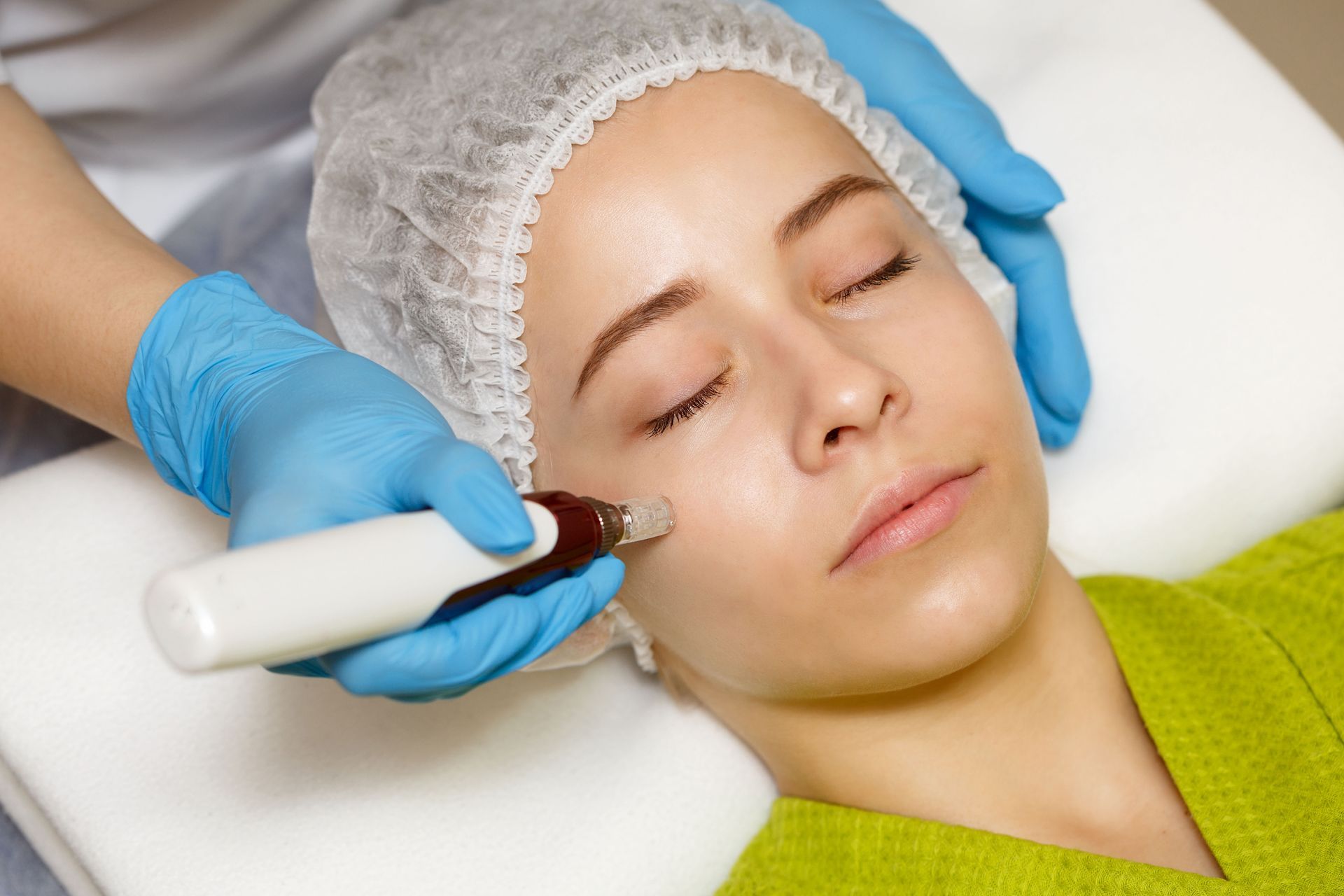

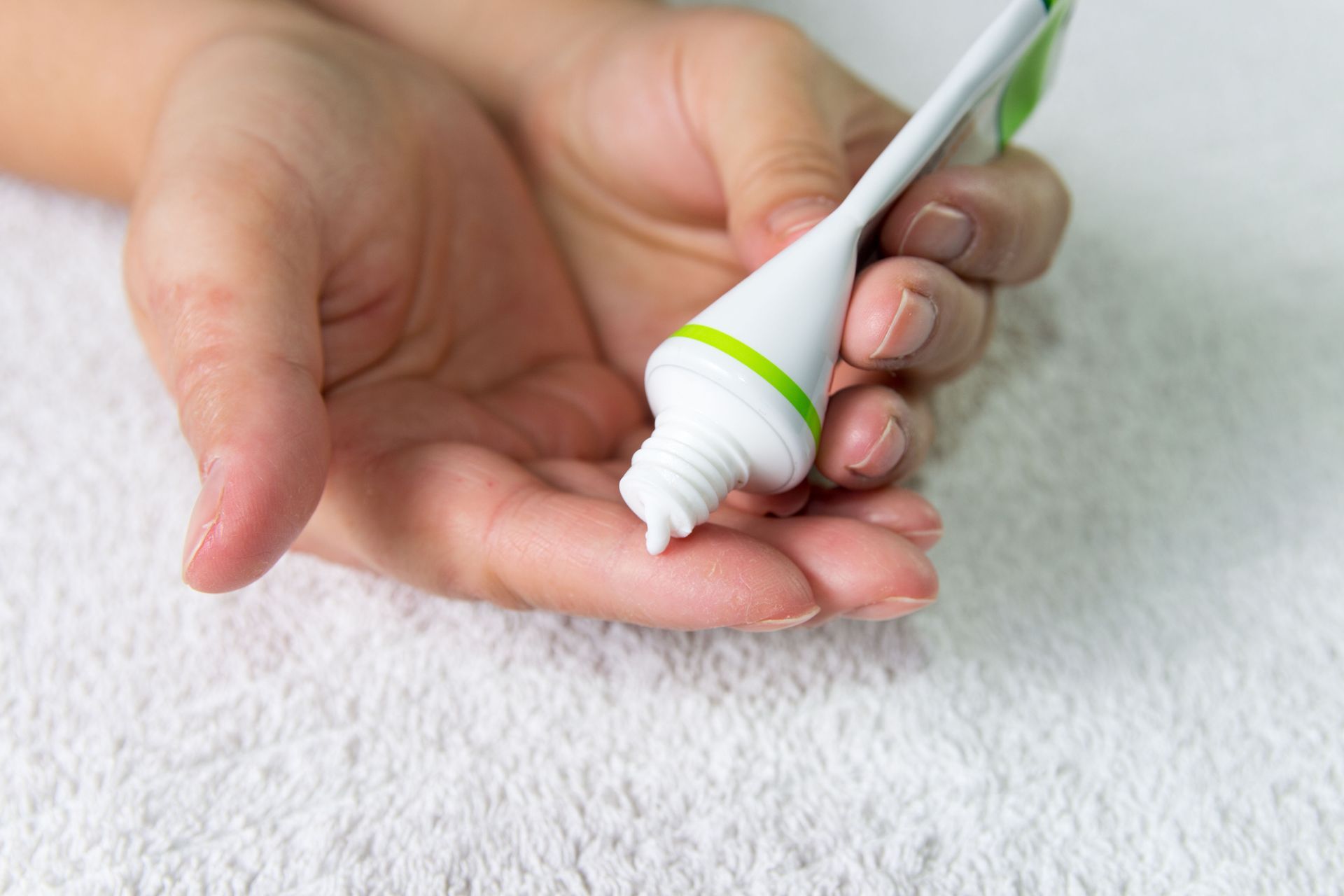
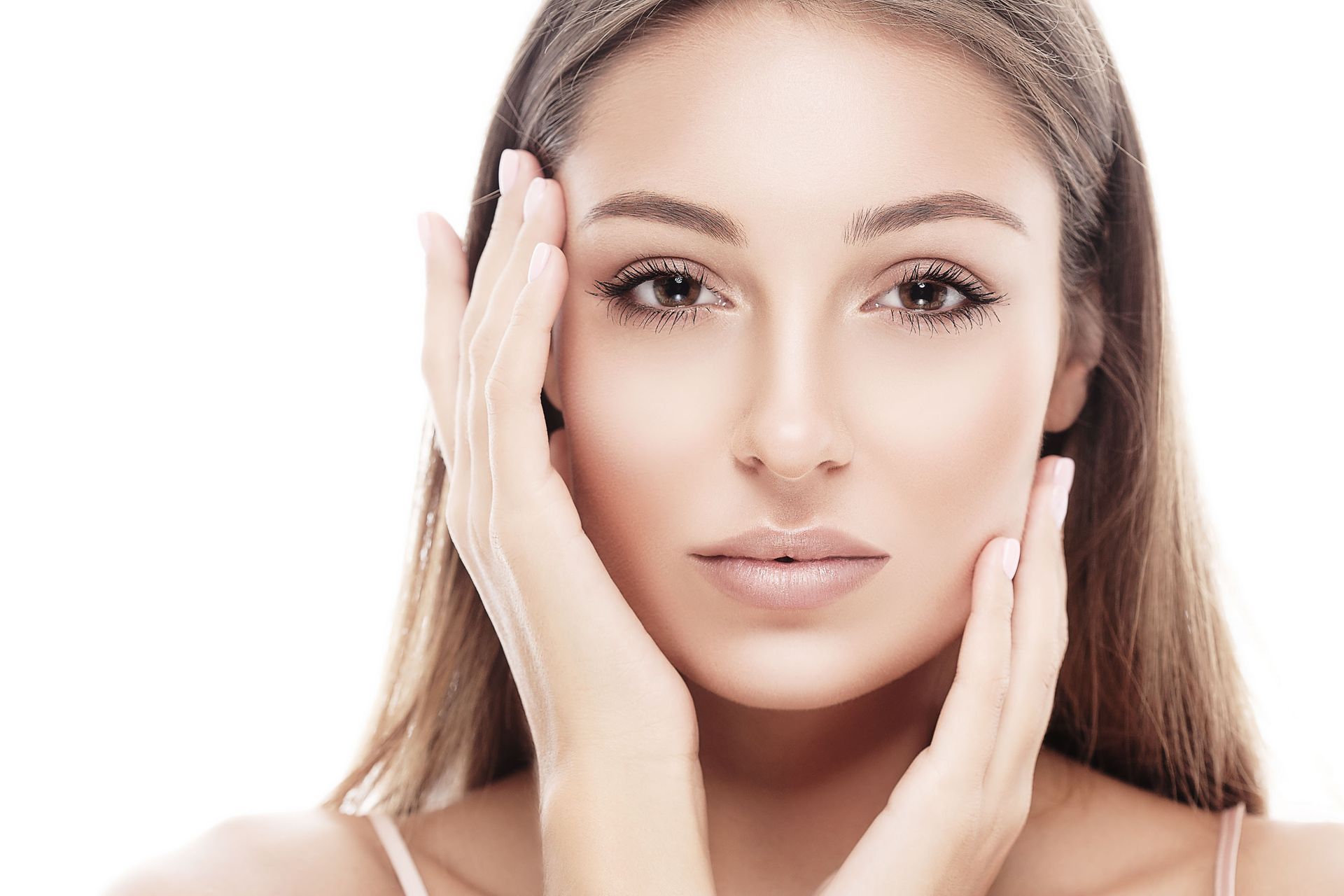
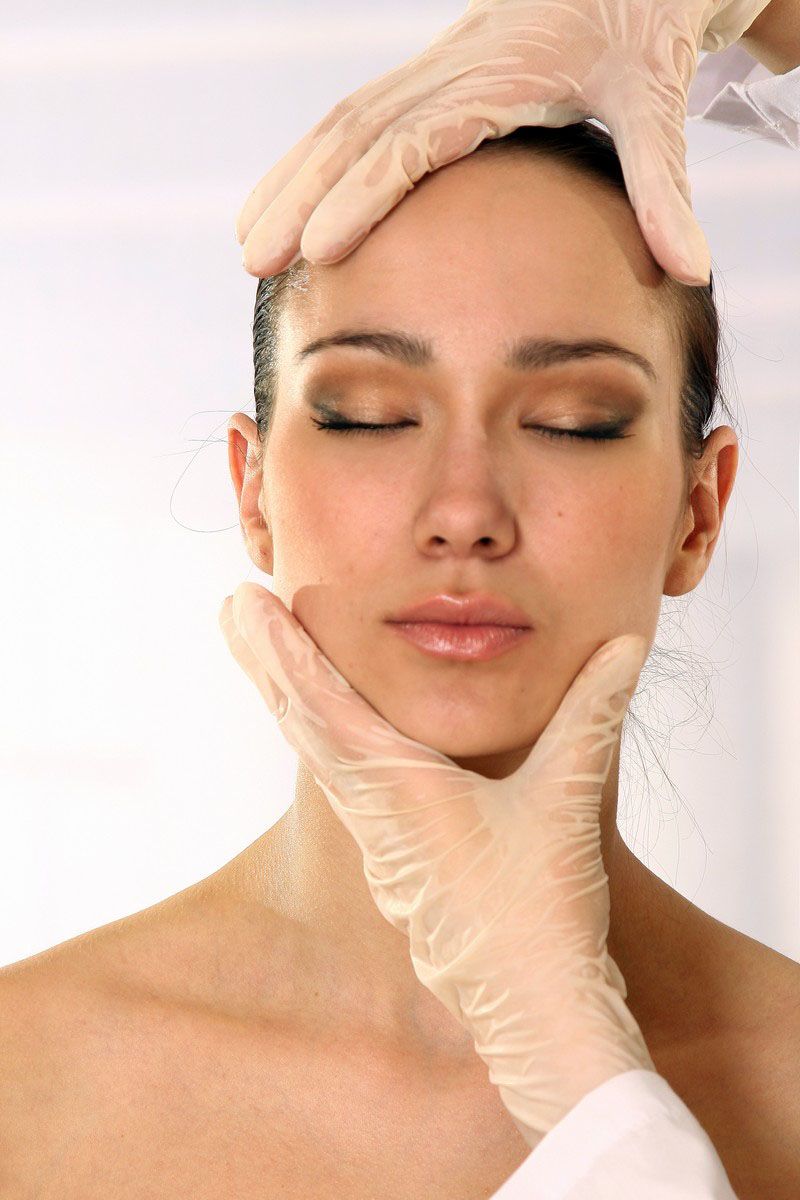
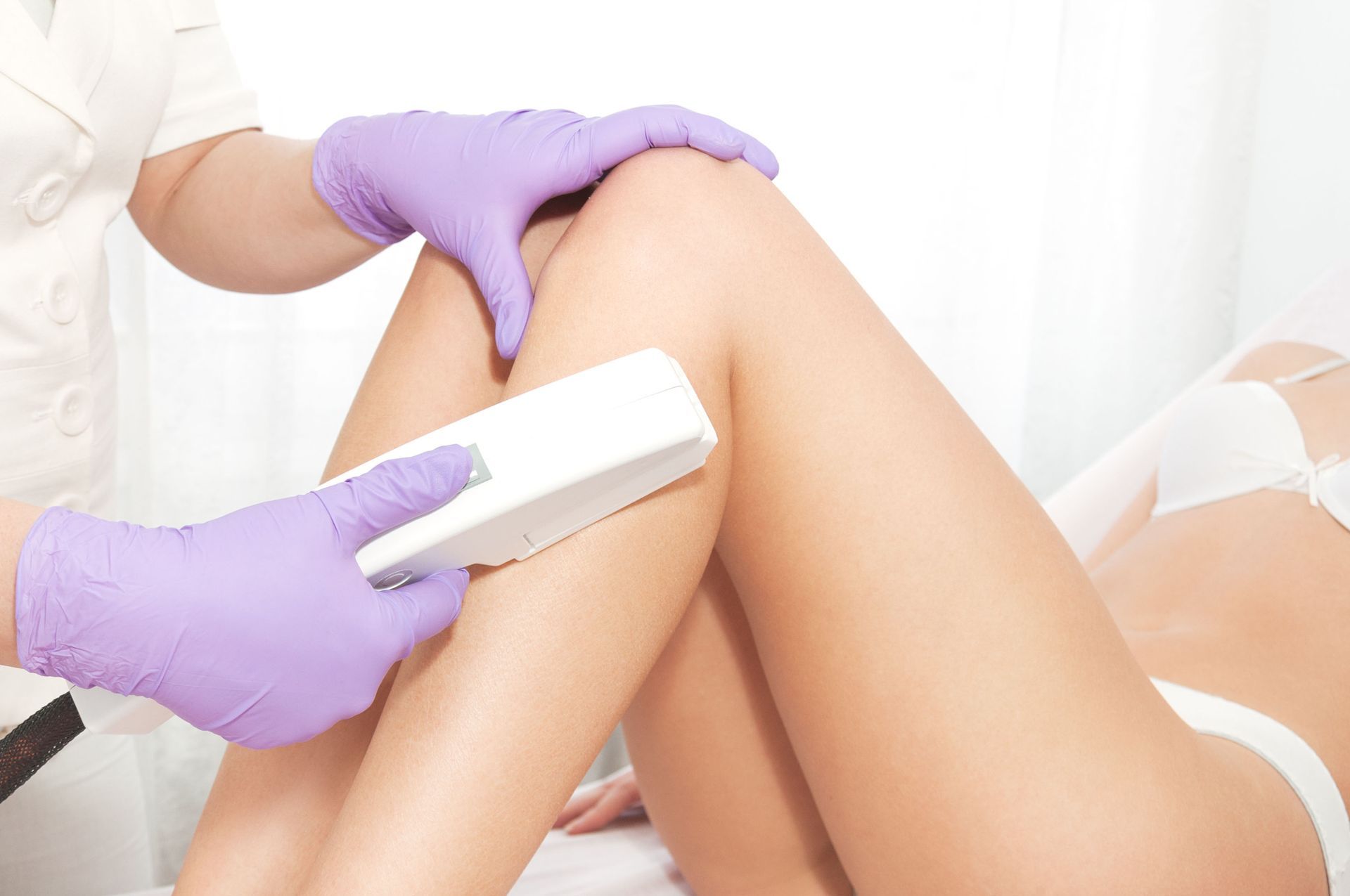
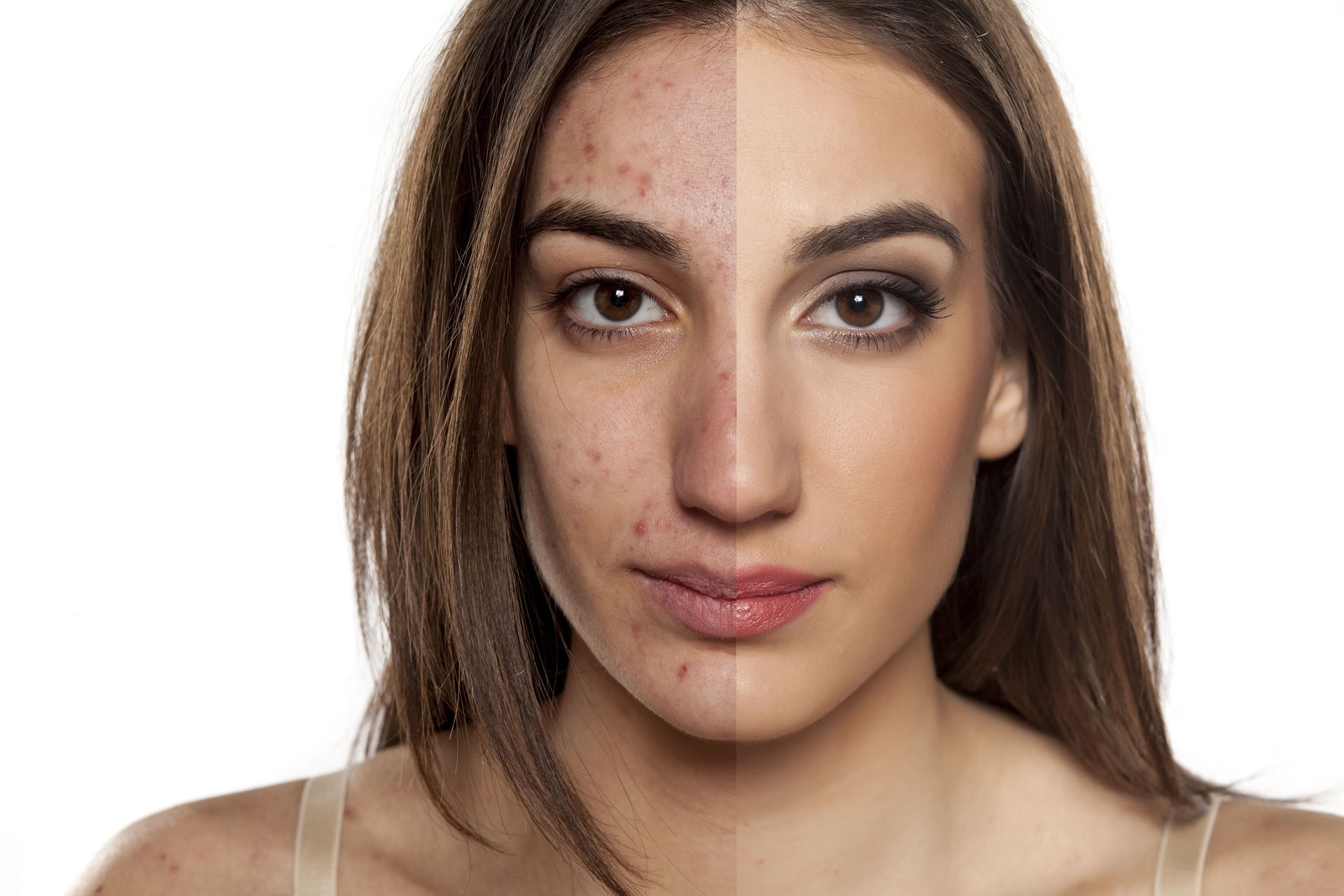
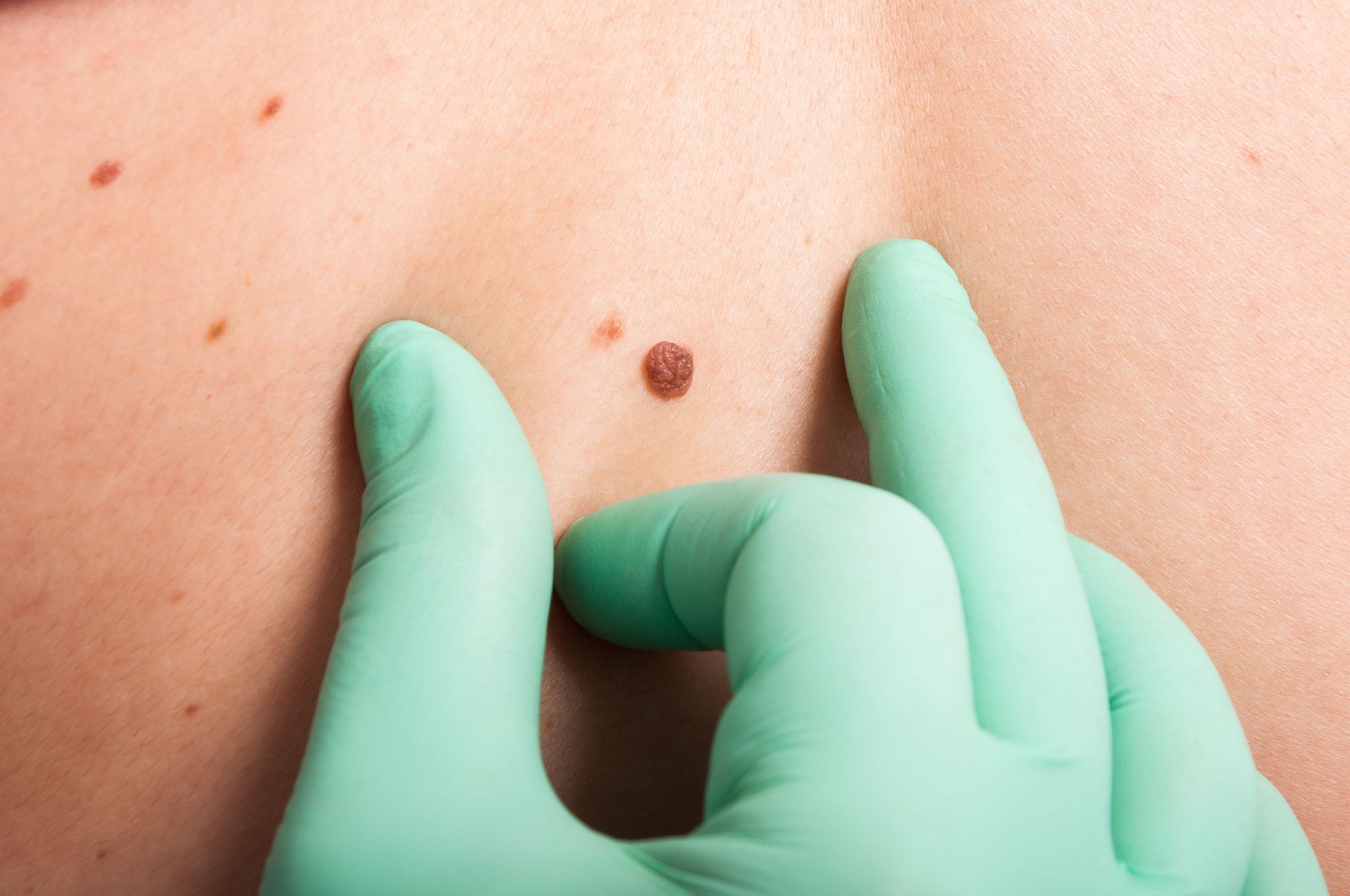
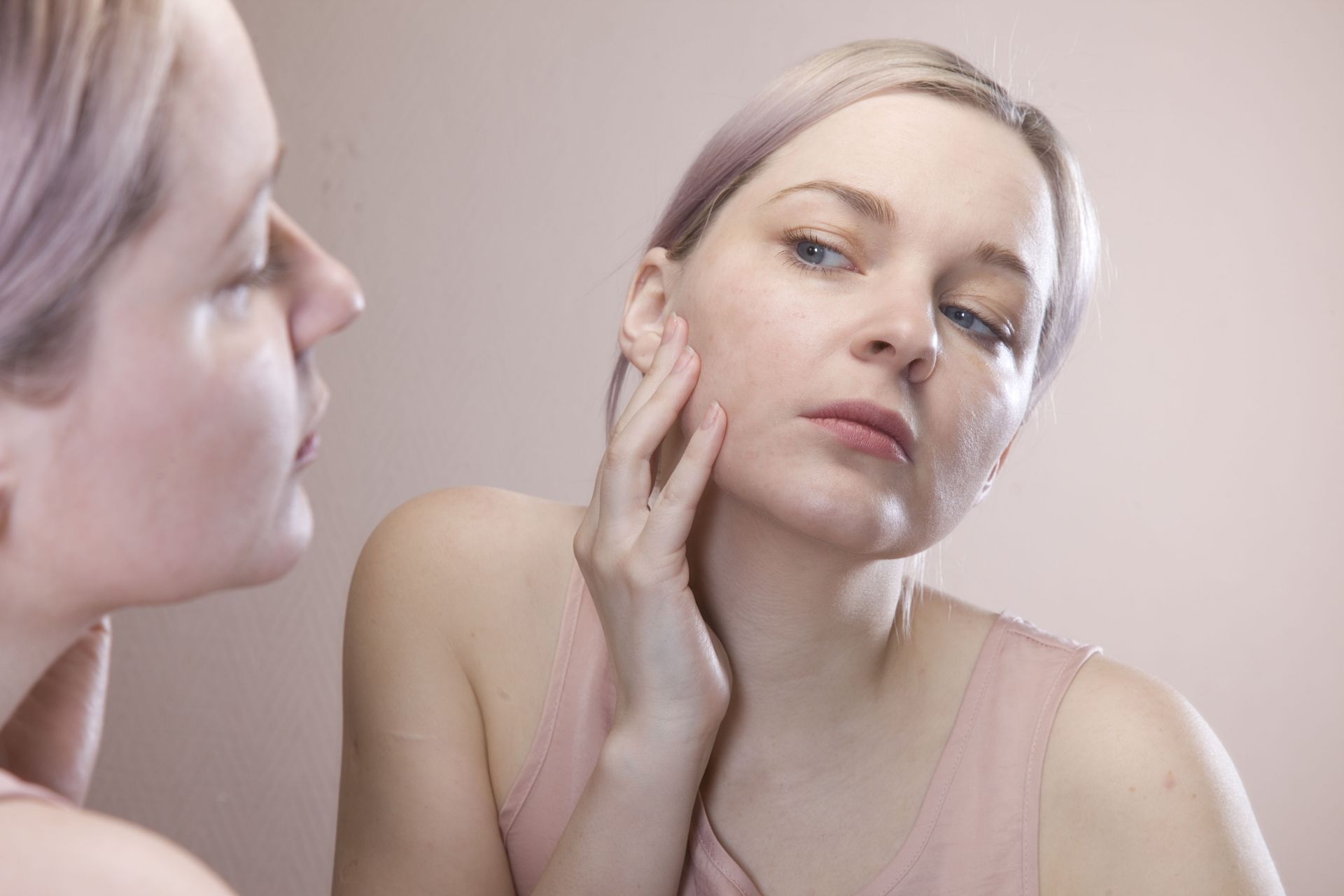
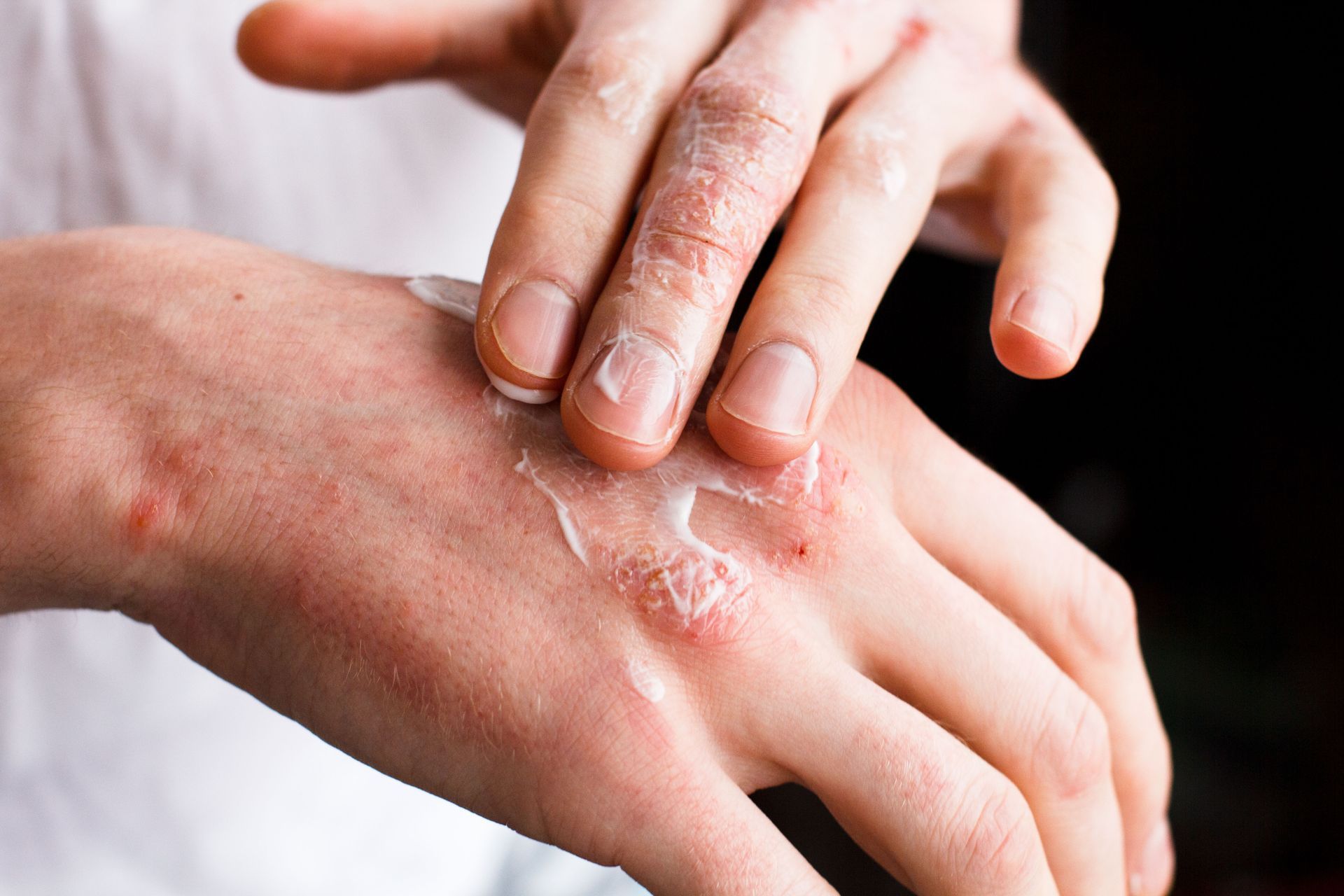
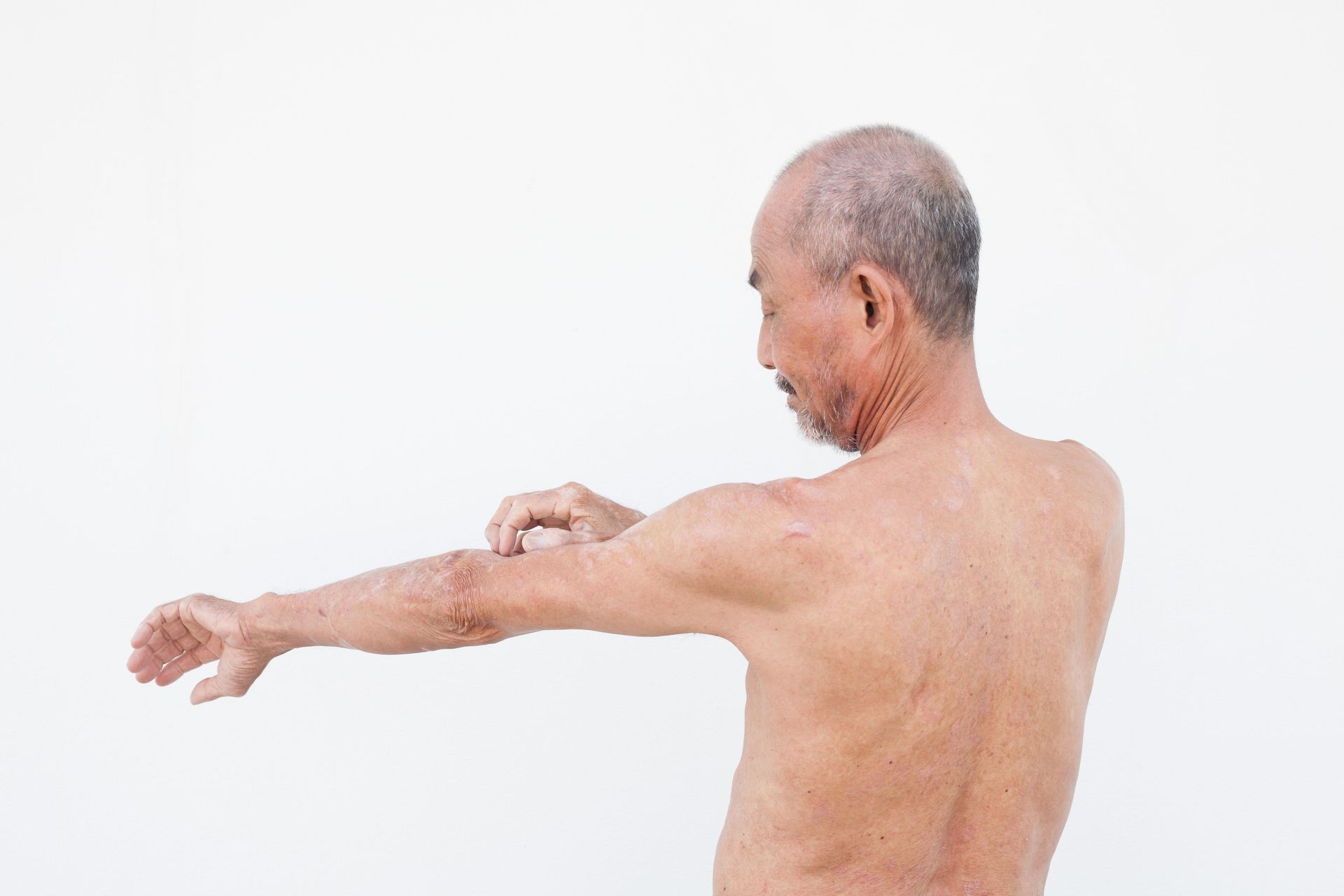
Share On: